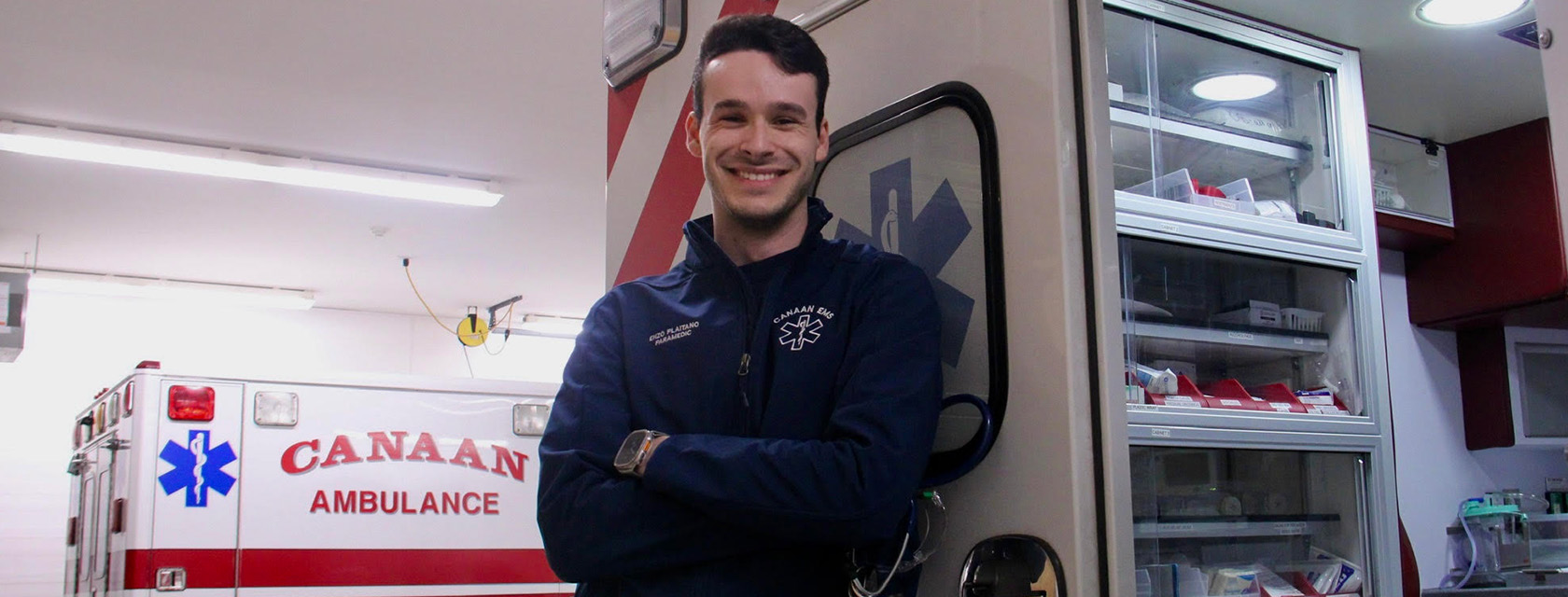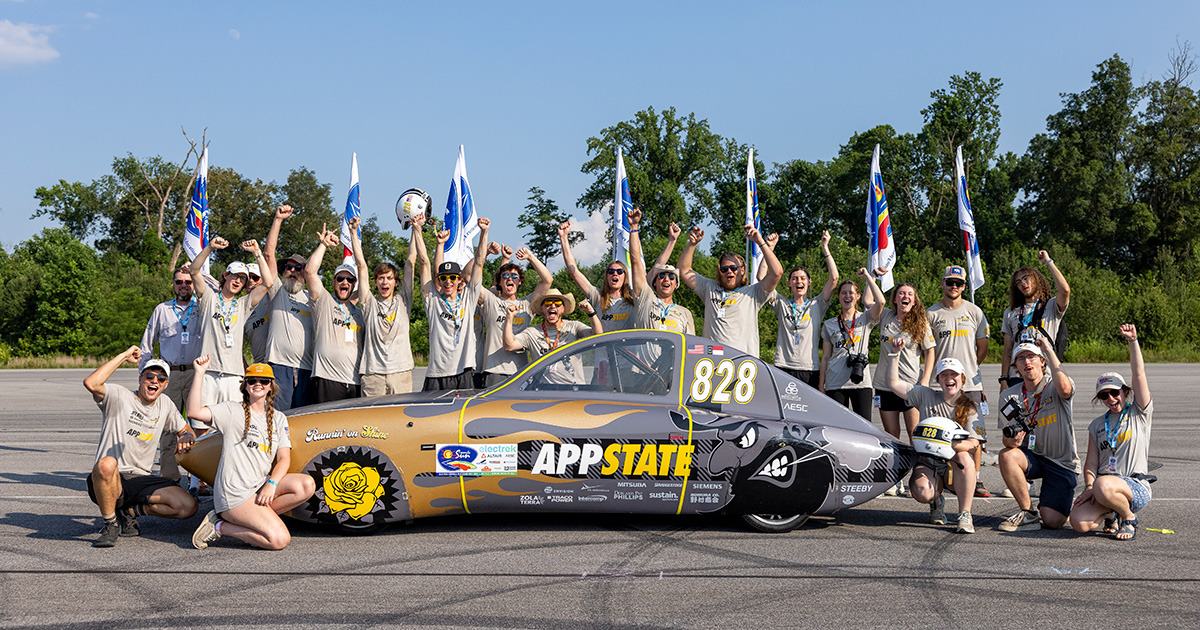
Dartmouth PhD Student’s Innovative Research Supports EMS Clinicians Nationwide
Enzo Plaitano, a paramedic and third-year PhD candidate at Dartmouth's Geisel School of Medicine, is developing a digital health app to help EMS clinicians manage job-related stress and mental health challenges. With support from various organizations and a federal grant, Plaitano's research involves analyzing data from over 12,200 surveys completed by EMS clinicians to inform the app's development, aiming to provide real-time stress management resources.








